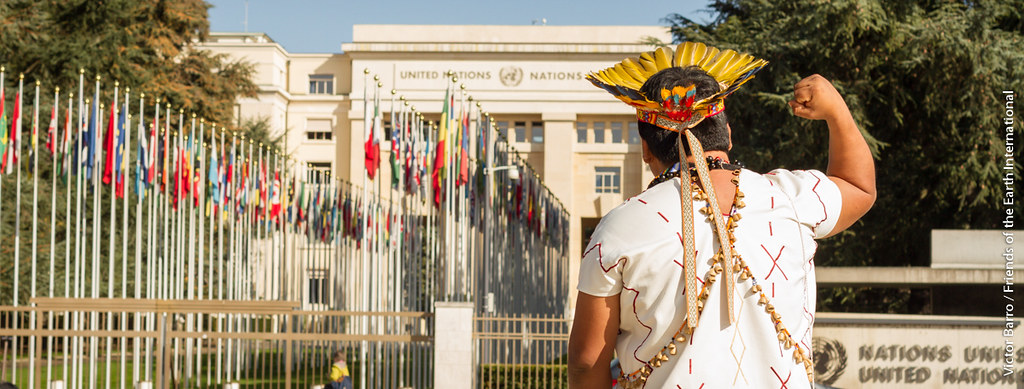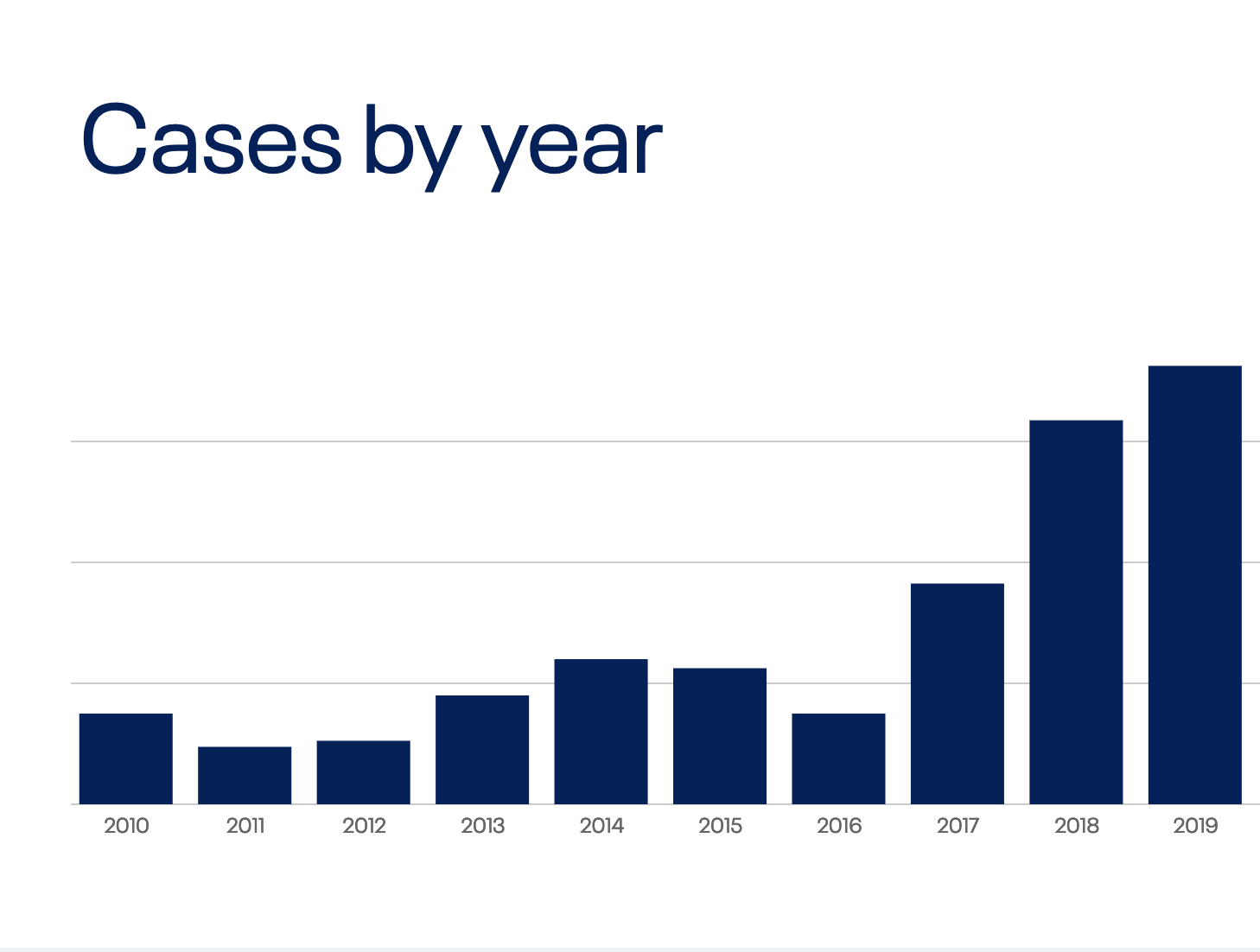ISHR’s #EndReprisals database offers a platform where all cases included in the Secretary-General’s reports since 2010 are readily accessible, with detailed information on each case, including the activities of the affected groups or individual defenders, the kind of reprisals they suffered and how these were triggered.
With this database, users can more easily navigate the information contained in the Secretary-General’s reports, and research, analyse, and take action on the cases or situations so that together we can #EndReprisals.
In considering human rights situations around the world, the UN system is profoundly dependent on the crucial information and testimonies provided by human rights defenders and civil society organisations who document situations, abuses and violations. These groups and individuals are essential voices who represent communities that need to be part of the conversations at the UN.
However, many defenders still face unacceptable risks and are unable to cooperate safely with the UN. Each year, the Secretary-General prepares a report that documents acts of intimidation and reprisals aimed at instilling fear or preventing activists and human rights advocates from engaging with the UN, or at punishing those who have spoken to UN and other international bodies.
The #EndReprisals database will also contribute to ISHR’s activities aimed at ensuring that international and regional human rights systems have the mechanisms to prevent reprisals and ensure accountability where they occur. ISHR provides protective publicity to human rights defenders at risk and works to bring cases of alleged intimidation and reprisals to the attention of relevant officials in an effort to press for effective preventative measures and responses.





